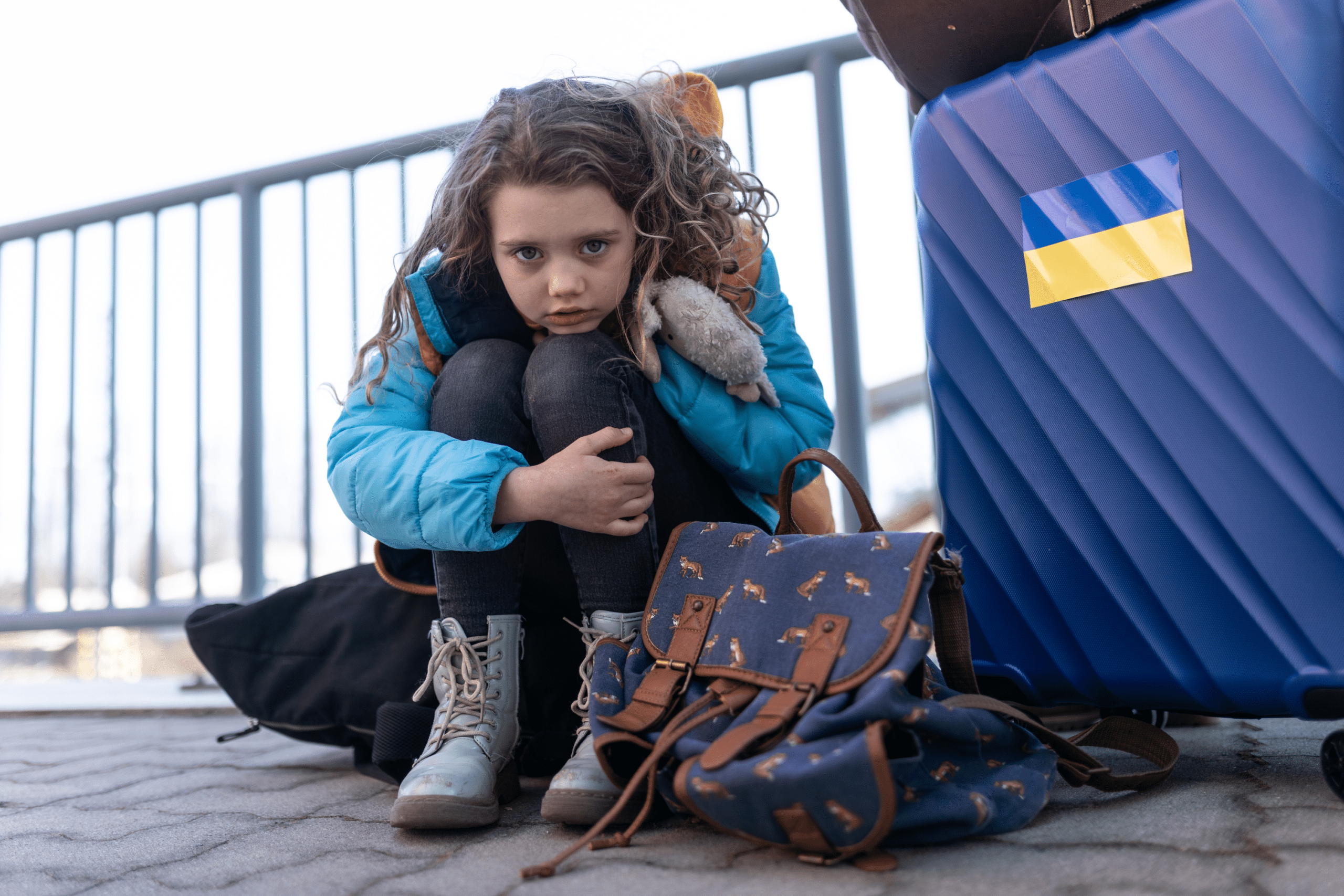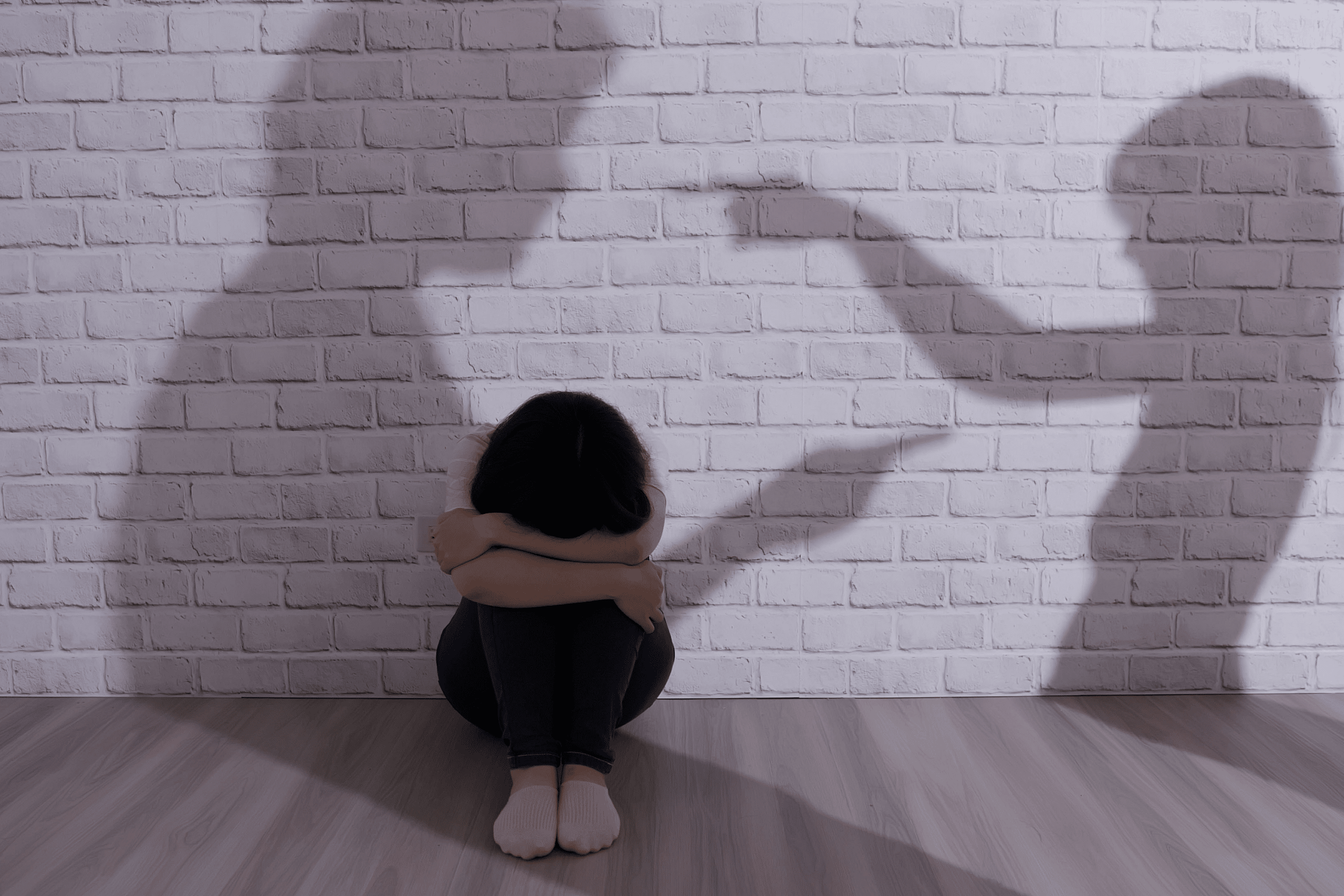Domestic violence is a pervasive crime affecting countless individuals across the United States.
Houston, Texas is no exception. Immigrant victims of domestic violence in the city often face unique challenges because of their immigration status, language barriers, and fear of deportation.
To address these challenges, the U Visa and VAWA (Violence Against Women Act) options provide vital relief and protection.
In this blog, we will explore the difficulties faced by immigrant victims of domestic violence in Houston and shed light on the legal avenues available to them.
Unique Challenges for Immigrant Victims
Immigrant victims of domestic violence frequently find themselves trapped in abusive relationships, unable to seek help due to their immigration status. They may fear deportation, their abusive partner’s retaliation, or lack the knowledge of available resources.
Language barriers further isolate them, making it challenging to communicate their experiences and needs. To address these issues, several laws and programs are in place to protect and support immigrant victims in Houston.
U Visa: A Path to Protection
The U visa is a non-immigrant visa that provides protection and legal status to victims of certain crimes, including domestic violence. To be eligible, an immigrant must meet specific criteria:
● Be a victim of a qualifying crime.
● Suffer substantial physical or mental abuse as a result of the crime.
● Be willing to assist law enforcement in the investigation and prosecution of the crime.
Domestic violence is among the qualifying crimes, which means that victims can apply for a U visa to escape the abuse. Once approved, U visa holders can legally work in the United States and may eventually be eligible to apply for a green card.
VAWA: Empowering Survivors
The Violence Against Women Act (VAWA) is another critical tool for immigrant victims of domestic violence, including women, men, and LGBTQ+ individuals. VAWA allows survivors to self-petition for legal status without relying on their abuser’s cooperation. Key eligibility requirements include:
● Being married to a U.S. citizen or permanent resident who subjected them to abuse.
● Proving a bona fide relationship with the abusive spouse or parent.
● Demonstrating good moral character.
powerment to survivors, enabling them to break free from abusive relationships and secure their legal status.
Navigating the Legal Process
For immigrant victims of domestic violence in Houston, seeking legal protection and status can be a daunting process. It is crucial to consult with an immigration attorney experienced in handling U visa and VAWA cases. These professionals can help victims gather evidence, complete the necessary paperwork, and guide them through the legal system.
Additionally, seeking assistance from local organizations, such as the Houston Area Women’s Center or the Tahirih Justice Center, can provide essential support, including counseling, legal aid, and resources for housing and childcare.
Addressing Language Barriers
Language barriers are a significant obstacle for immigrant victims seeking help. To address this issue, organizations in Houston often offer services in multiple languages. Immigrant victims should not hesitate to request assistance in their preferred language, ensuring they can effectively communicate their experiences and access vital resources.
Safety Planning and Emergency Services
Safety planning is crucial for immigrant victims of domestic violence in Houston. They should create a plan that includes important contact information, a safe place to go, and a bag with essential documents. The National Domestic Violence Hotline at 1-800-799-SAFE (7233) offers assistance and resources for victims in immediate danger.
 Houston Domestic Violence & Immigration Laws
Houston Domestic Violence & Immigration Laws
Immigrant victims of domestic violence in Houston face unique challenges, but they are not without options. The U visa and VAWA provide vital paths to safety and legal status, empowering survivors to break free from abusive relationships and secure their future in the United States.
By seeking help from experienced immigration attorneys and local organizations, addressing language barriers, and developing safety plans, immigrant victims can navigate Houston’s legal landscape and find the support they need to escape abuse and rebuild their lives. It is essential to remember that help is available, and no one should suffer in silence.




